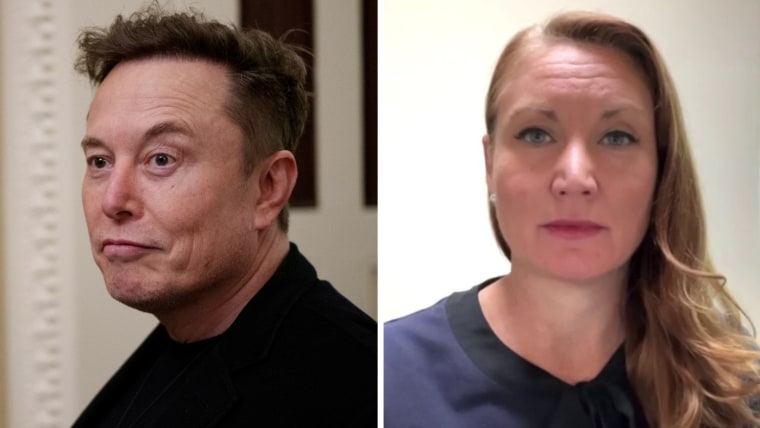A group of Democratic senators wants a thorough audit of federal agencies’ computer systems and any security issues that may have arisen by way of access being granted to members of Donald Trump’s dubiously named Department of Government Efficiency.
On Wednesday, Sens. Sheldon Whitehouse, D-R.I., Ron Wyden, D-Ore., and Elizabeth Warren, D-Mass., introduced the cutely titled Pick Up After Your DOGE Act, which calls on the Government Accountability Office to conduct a “full accounting of all federal agencies” where DOGE received access to computer systems, networks, data or information.
“The DOGE-boys have weaseled their way into Americans’ most sensitive data systems, claiming to hunt ‘waste, fraud, and abuse,’ while actually creating waste, fraud, and abuse,” Whitehouse said in a press release. “They’re destroying Americans’ trust in once-reliable government systems and could be hawking your stolen data to their friends in Big Tech and AI.” (The senator has previously speculated that DOGE employees may have the ability to create “back doors” in federal systems that could allow them unauthorized access in the future.)
Some DOGE employees’ reported links to notorious hackers, along with suspicion from some federal workers that DOGE employees have spied on their work activities, have helped fuel concerns about potential security issues.
Current Comptroller General Gene Dodaro, who works within the Government Accountability Office, announced in April that he had begun piecemeal audits into DOGE’s data access with regard to the Treasury Department, the Social Security Administration and the Office of Personnel Management. The Democratic senators’ new bill would be a more expansive audit of all federal agencies — and would set a timetable for when the results must be turned over.
The legislation would require the comptroller general to begin audits of all agencies where DOGE had system and network access within 60 days of the bill’s passage, in an effort to identify any security vulnerabilities or bugs. It would prioritize audits of the Social Security Administration, the Internal Revenue Service, the Treasury Department, the Department of Health and Human Services and the Centers for Medicare and Medicaid Services, giving the GAO one year to deliver findings — including potential legislative proposals to fix vulnerabilities — to agency heads and congressional leaders.
The bill would provide an additional year for the GAO to complete audits on other federal agencies. Agencies would be required to fix any vulnerabilities or bugs and provide Congress with status update within 90 days of receiving the audit.
On the one hand, the prospect of the Republican-controlled Senate passing a bill that could potentially lead to negative revelations about DOGE seems unlikely. But Trump’s occasional, personal and petulant feuding with Musk makes me think the proposal isn’t quite dead on arrival.
Regardless, the bill seems more than a little necessary. DOGE and its employees have often behaved like an occupying force within the federal government they set out to slash. And there’s clearly interest in making sure they haven’t made potentially damaging changes to federal systems — deliberately or not — that could be exploited later.

